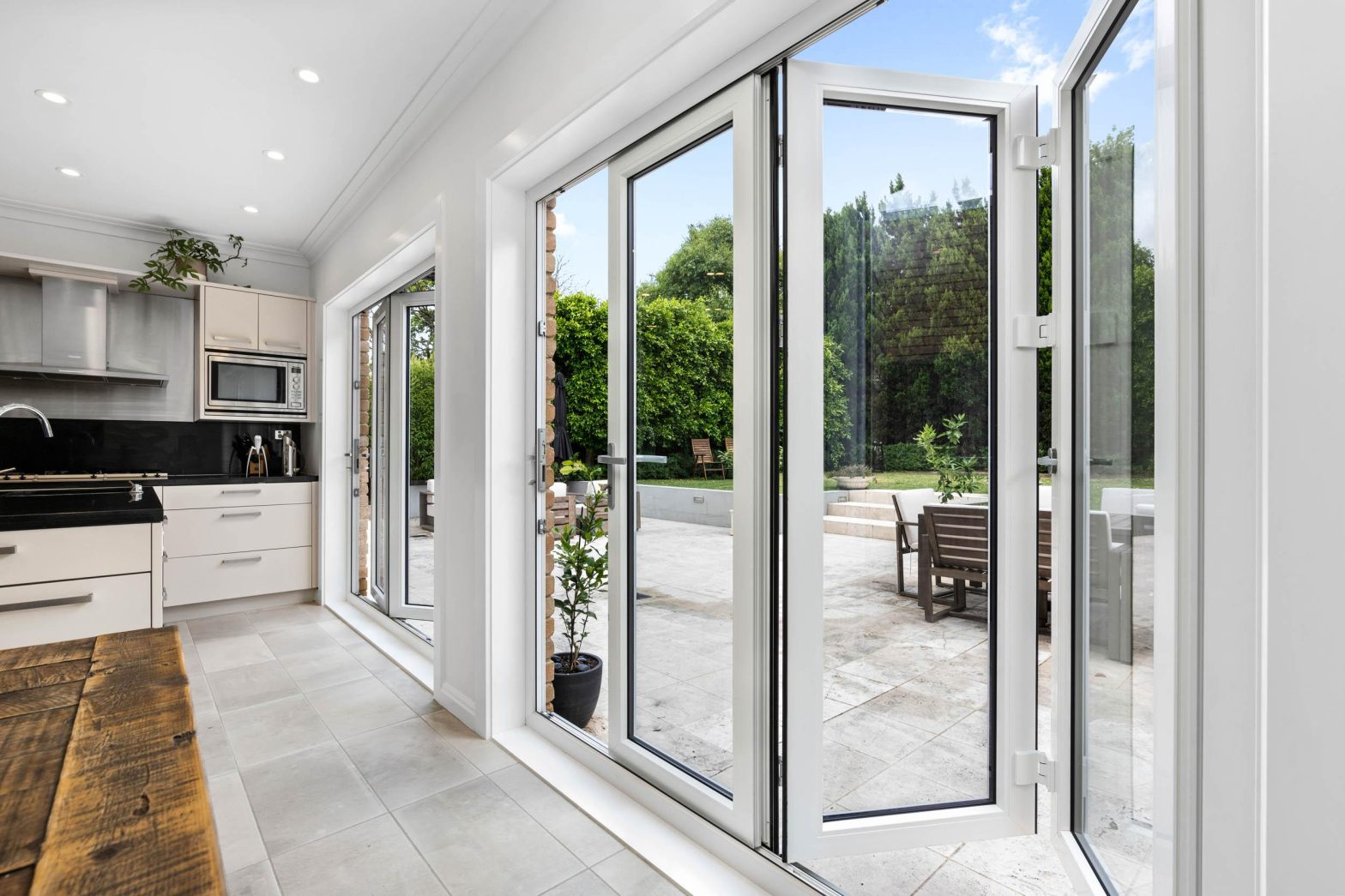
How Double Glazed Windows Contribute to Energy Efficiency

Double-glazed windows are energy-efficient primarily due to their design, which includes two panes of glass separated by a layer of air or gas.
Why They Contribute to Energy Efficiency
The energy efficiency of double-glazed windows is primarily attributed to their design, featuring two glass panes separated by a layer of air or gas.
It’s important to note that the energy efficiency of double-glazed windows depends on factors such as the quality of materials used, proper installation, and the specific climate conditions of the location.
Additionally, the choice of glass coatings and the type of gas used between the panes can further enhance the energy efficiency of these windows.
How Double Glazed Windows Contribute to Energy Efficiency

Thermal Insulation
The space between the two glass panes is filled with air or an inert gas creating a thermal barrier. Air and gases are poor conductors of heat compared to solid materials. This insulating layer helps reduce the transfer of heat between the interior and exterior of a building.
Reduced Heat Loss
In colder weather, the insulating layer of double-glazed windows minimises heat loss from the interior of a building to the colder exterior. This means that less energy is required to maintain a comfortable indoor temperature, leading to lower heating costs.
Reduced Heat Gain
In warmer weather, double-glazed windows help prevent excess heat from entering the building. The insulating layer acts as a barrier to reduce the transfer of outdoor heat to the interior, helping to maintain a cooler indoor environment and reducing the need for air conditioning.
Condensation Control
Double-glazed windows are less prone to condensation compared to single-pane windows. The insulating layer helps maintain a more consistent temperature on the inner surface, reducing the likelihood of moisture in the air condensing on the glass.
Energy Savings
Because double-glazed windows provide better thermal insulation, they contribute to overall energy savings. Buildings with double-glazed windows typically require less energy for heating and cooling, leading to lower energy consumption and reduced utility bills.
Improved Comfort
The enhanced thermal insulation of double-glazed windows contributes to a more comfortable indoor environment by reducing drafts and temperature variations.




